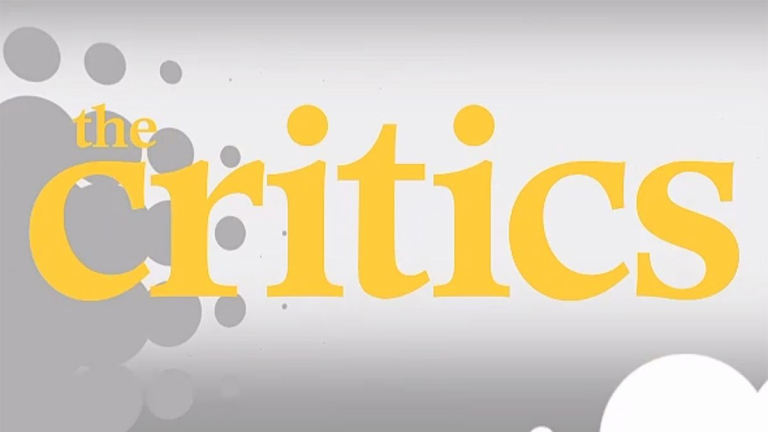
You may be familiar with the dictionary definition of criticism; it is something like this – “The expression of disapproval of someone or something on the basis of perceived faults or mistakes.” I love this particular definition for no specific reason, or maybe because in it are a few words that stand out from the sentence making it a bit easier to be analyzed. So for the sake of this analogy, let me highlight the words that stand out for me.
- Disapproval
- Perception
- Fault or Mistake
Also one can decide to categorize criticism based on intent. Then it is either Constructive or Destructive.
Imagine that someone is being severely criticized, and it is getting increasingly difficult to say if those criticisms are fair; we have to consider the following questions in this order of increasing importance.
Register for Tekedia Mini-MBA edition 18 (Sep 15 – Dec 6, 2025) today for early bird discounts. Do annual for access to Blucera.com.
Tekedia AI in Business Masterclass opens registrations.
Join Tekedia Capital Syndicate and co-invest in great global startups.
Register for Tekedia AI Lab: From Technical Design to Deployment.
- Intent
- Factuality
- Implication
Intent
Let’s assume for a second that something unpleasant is being said about a leader; is the intention of the critique really important? Even if it was, is it really possible to figure out what the critic’s intentions are if they are not clearly stated by the person? It will be extremely difficult to do so. As long as we lack the ability to read minds, this task will always be impossible. If someone calls you a bad leader for instance, there could be infinite number of reasons to do so which might include but not limited to the fact that he doesn’t like you as an individual. So, if there are infinite number of reasons for doing that, and you single out just one possible reason probably based on personal perceptions, the mathematical equation of probability will look like this P(I)= 1/(~) where (~) represents infinity and P(I) represents the probability of Intention.
In Maths, this is equal to (0) and in literary theory it could be a sort of Fallacy of intention (the fallacy of basing an assessment of a work on the author’s intention rather than on one’s response to the actual work). Indeed, it is almost impossible to actually say what the intentions of any criticism are.
Factuality
Since we aren’t so perfect when it comes to reading intentions, one may be left with the option of verifying the factuality of a particular criticism. In order words, is it true?
What if for instance someone in a security organization who is known for his hatred for a particular boss criticizes, or accuses his boss of transferring confidential security information to a third party that has got some links with criminals, should the case be dismissed because it is coming from a known ‘enemy’? Or should it be investigated to figure out how factual the criticism is?
Any organization interested in survival, efficiency or progress should scrutinize information with the intention of finding out how factual it is and not based on source.
Implication
Criticism has got implications . It doesn’t matter if they are right or wrong. From the mere fact that those criticisms exist, it points to the fact that there is dissatisfaction, whatever the cause maybe. As the criticism increases, it signals that something is wrong. Now this doesn’t necessarily mean that the wrong is coming from the leader. It only highlights that there is problem in the system. If a house is on fire, does it matter if it was set ablaze by the landlord or by the tenants more than it matters to put out the fire? If a company is in crisis, does it matter whether the crisis was caused by the manager or a worker more than it matters to get the firm out of trouble? Unless in this case identifying and removing the mole eliminates the problem.
So, in the scenario above where someone is criticized for leaking confidential information into the wrong hands, the question to be asked should be – Could the safety and future of the organization be jeopardized if this is true? What can be done to prevent failure as a result of this? What can we do to prevent any valuable information from leaking out to unknown sources in the future? This should be the way to dissect criticism.
Summary
Though some criticisms are directed at tarnishing the image of those being criticized, it should not be spared from thorough analysis. The reasons people criticize could be just about perception and not based on concrete evidence or reality. Still it points to the fact that a fragment of the whole is in a state of dissatisfaction, throwing light to the fact that if perfection or increased efficiency is to be the target, due consideration should be given to those acts of criticism.



